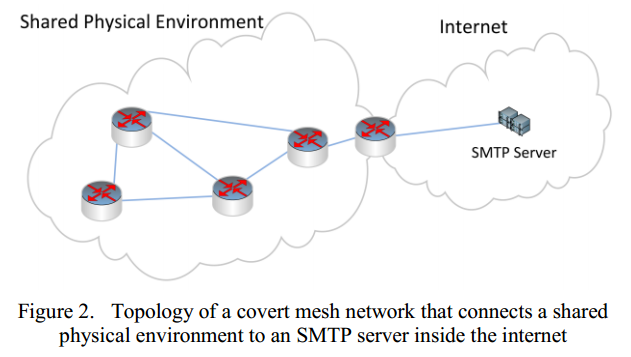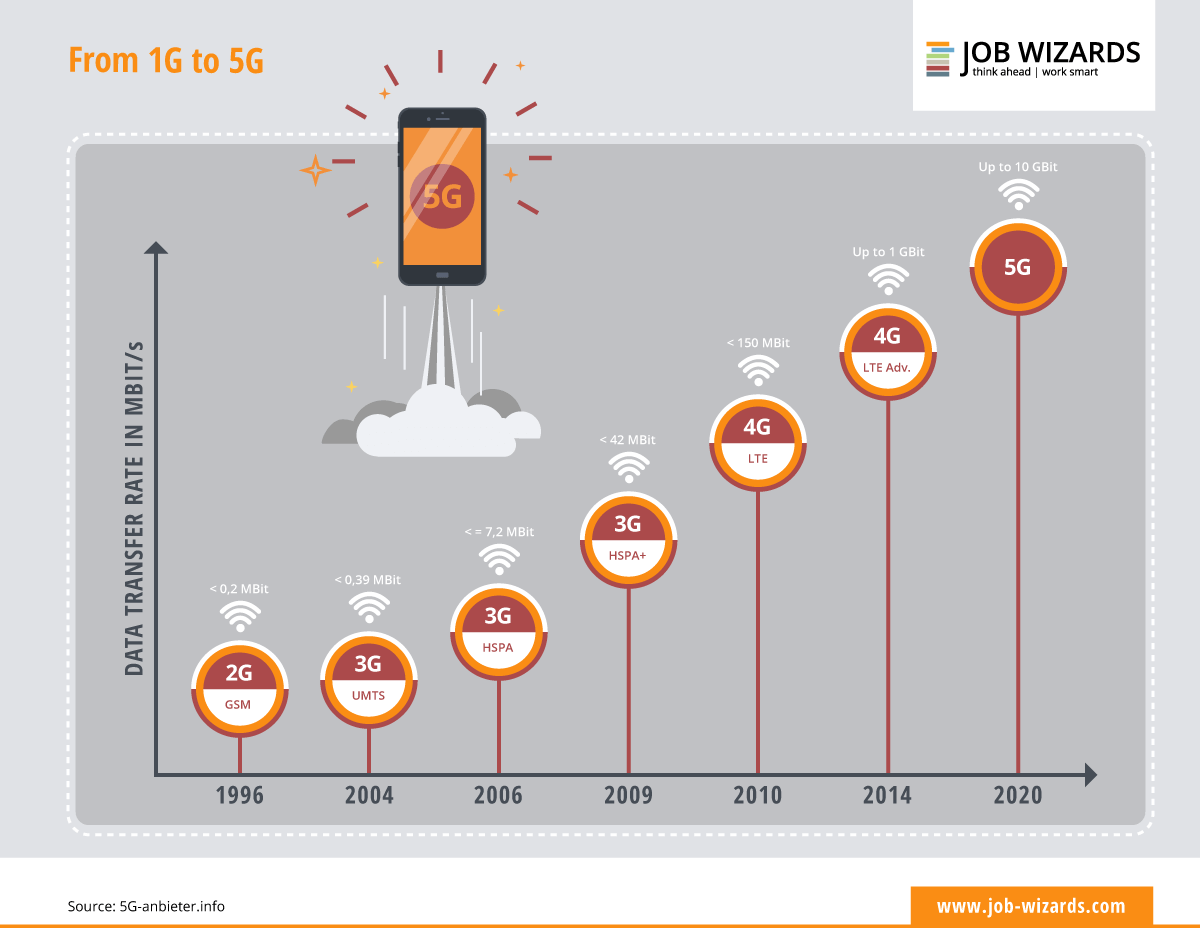

Draft guidelines on the reporting obligations.Identify the technical measures for establishing, maintaining and technically managing CESOP.Create the electronic standard form to transmit data from payment service providers.In order to implement the proposal, the European Commission works with Member States’ tax administrations and payment service providers in an expert group, which provides assistance with both the implementation of the reporting obligations for payment service providers and the development of CESOP.Īmong other activities, the expert group helps the Commission to: The transmission of data must start on 1 January 2024. Information on consumers and on the reason underlying the payment is not part of the transmission. Only information related to payments that are likely to be connected to an economic activity is transmitted to the tax authorities. The measure respects the data protection rules. The objective of this new measure is to give tax authorities of the Member States the right instruments to detect possible e-commerce VAT fraud carried out by sellers established in another Member State or in a non-EU country. All information in CESOP will then be made available to anti-fraud experts of Member States via a network called Eurofisc. This information will then be centralised in a European database, the Central Electronic System of Payment information (CESOP) where it will be stored, aggregated and cross-checked with other European databases. Under this package, payment service providers offering payment services in the EU will have to monitor the payees of cross-border payments and transmit information on those who receive more than 25 cross-border payments per quarter to the administrations of the Member States On 18 February 2020, the Council adopted a legislative package to request payment service providers to transmit information on cross-border payments originating from Member States and on the beneficiary (“the payee”) of these cross-border payments. The right referred to in paragraph 1 shall not adversely affect the rights and freedoms of others.Transmission and exchange of payment data to fight VAT fraud.2That right shall not apply to processing necessary for the performance of a task carried out in the public interest or in the exercise of official authority vested in the controller.


the processing is based on consent pursuant to point (a) of Article 6(1) or point (a) of Article 9(2) or on a contract pursuant to point (b) of Article 6(1) and.The data subject shall have the right to receive the personal data concerning him or her, which he or she has provided to a controller, in a structured, commonly used and machine-readable format and have the right to transmit those data to another controller without hindrance from the controller to which the personal data have been provided, where:.


 0 kommentar(er)
0 kommentar(er)
